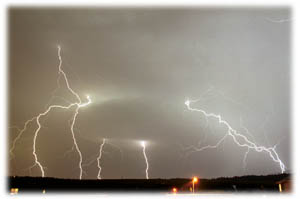| |
Package =TWiki::OopsException
Exception used to raise a request to redirect to an Oops URL.
An OopsException thrown anywhere in the code will redirect the
browser to a url based on the oops script. oops requires
the name of an oops template file from the templates directory.
This file will be expanded and the
parameter values passed to the exception instantiated. The
result will be shown in the browser.
Plugins may throw TWiki::OopsException. For example:
use Error;
...
throw TWiki::OopsException( 'bathplugin',
def => 'toestuck',
web => $web,
topic => $topic,
params => [ 'bigtoe', 'hot tap' ] );
-
template is the name of an oops template. e.g. 'bathplugin' refers to templates/oopsbathplugin.tmpl
The remaining parameters are interpreted as key-value pairs. The following keys are used:
-
web will be used as the web for the oops
-
topic will be used as the topic for the oops
-
def - is the (optional) name of a TMPL:DEF within the template
-
keep - if set, the exception handler should try its damnedest to retain parameter values from the query.
-
params is a reference to an array of parameters. These will be substituted for %PARAM1%, %PARAM2% ... %PARAMn% in the template.
For an example of how to use the def parameter, see the oopsattention
template.
NOTE: parameter values are automatically and unconditionally entity-encoded
ObjectMethod stringify ([$session]) -> $string
Generates a string representation for the object. if a session is passed in,
and the exception specifies a def, then that def is expanded. This is to allow
internal expansion of oops exceptions for example when performing bulk
operations, and also for debugging.
Generate a redirect to an 'oops' script for this exception.
If the 'keep' parameter is set in the
exception, it saves parameter values into the query as well. This is needed
if the query string might get lost during a passthrough, due to a POST
being redirected to a GET.
|



